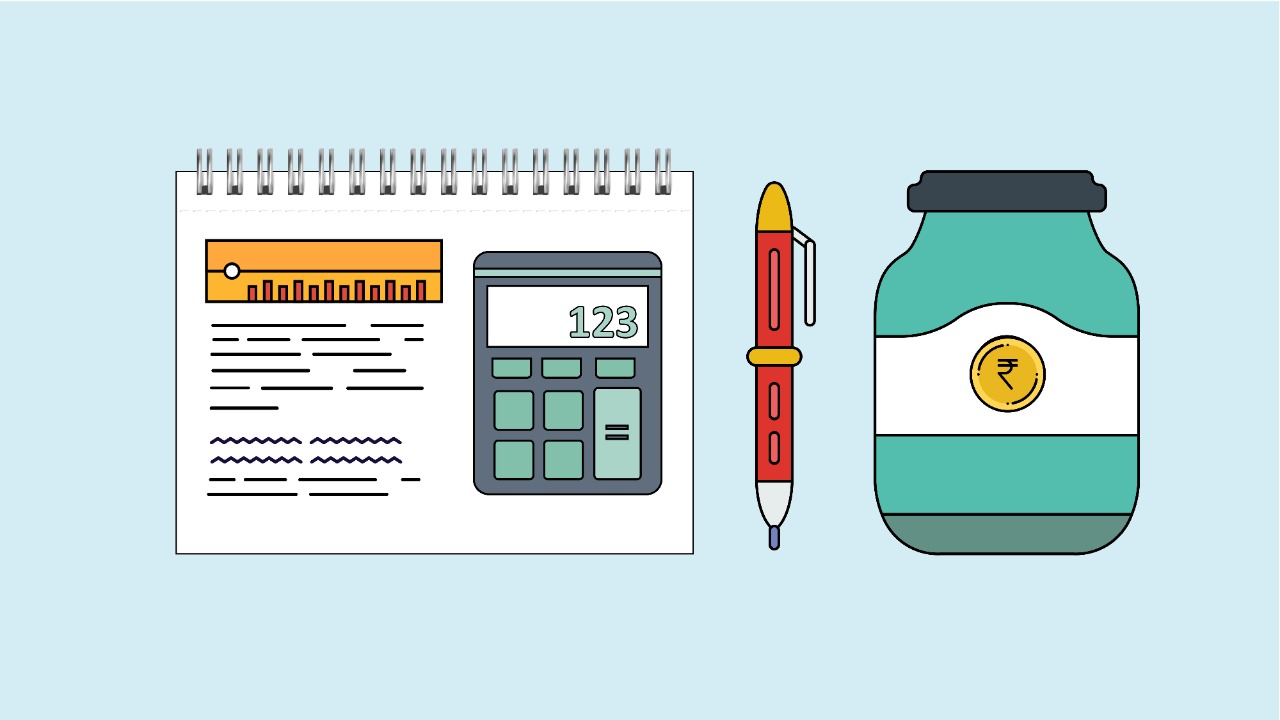
Budgeting is the creativity of how you plan your money to be put in. It is a step forward for being financially literate and records one's expenditure in ratio to one's income. To achieve one's financial goals and proceed towards the attainment of future objectives, having a budget prepared for your income is an optimum solution.
For new handlers, budgeting can be a little difficult. Keeping a check on the expenses and comparing the total with your earnings could be a little conservative. But for a better, smoother and secure future, budget keeping is an extreme need.
There are methods and procedures for how one can keep up with the whole concept of budgeting. One can start by keeping basic notes of their day-to-day expenses in the first stage. Keeping a notebook or a specific application in your handsets of all the transactions could help.
Taking steps forward once the book-keeping is successful, one can have a constructive conclusion of the direction where their money is flowing the most and then one could cut down the excess expenditure over that area to fit in the further goals in their desired budget. Finally, now that one knows where they can withdraw their money from, they can look forward to their bigger goals and investments that could yield them high returns. They can start up with saving their income by cutting on the daily expenses.
Saving could be a hard task. To help one stick with the rule and be rigid, one can bump into banks and serve through the varied offerings provided by them. For instance, a person could create a savings account that would provide them with high-interest rates and level up their initial money deposited or create a Fixed Deposit (FD) that would lock their savings for a particular period and restrict them to withdraw it before the maturing term of the deposit.
The goal of saving could be for bigger investments, like retirement funds, house funds, lifestyle funds, backup for a car in cash and many more such things, for which one could jot the money in big amounts. People nowadays come forth with the simple saving options to more complex and risky ones.
There's a keynote over here! The more the risk, the higher the profits!
Instead of just saving pennies, people now prefer to have investments over land, mutual funds, equity shares, commercial property, transportation and further fixed assets. By putting your money in such fields, one gets a better ROI (Return on Investment). If one is able to have a balance of their expenses, savings and investments, then they are good with the budget.
With the dynamic environment today, it is suggested that while having a budget planned, one should follow the rule of 70% - 20% - 10%. This indicates that 70% of your total income should be used on your daily expenses, 20% on saving up for the future and investments in an equal ratio and the last 10% on giving (societal charity and emergency) and gifting purposes. A structured budget with realistic inputs thus could help in the attainment of a planned and secured future.
Budgeting, hence, enhances your quality of life and digs you to a better insight into your needs and wants. The entire estimation imagined, if executed in a proper manner, would never let you be buried in any sort of debt and then you could lead a free life.
One should always start with baby steps in order to reach heights. Thus, all of these pointers could have an expiry period of a month initially and then one could leap on a quarterly basis and further on an annual basis.
